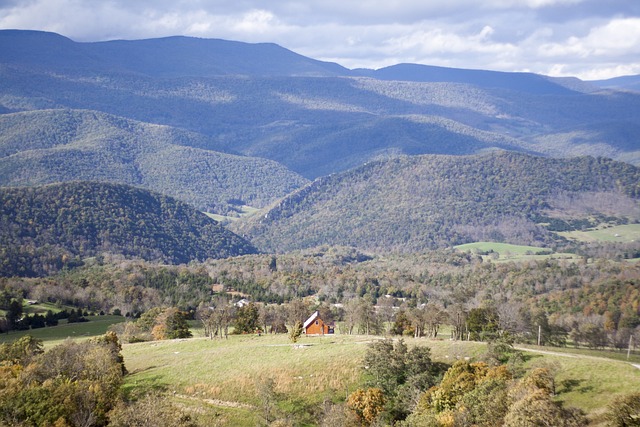Spam calls, including telemarketing and robocalls, are a growing concern in Morgantown, West Virginia. These automated, often impersonating offers or authorities, leave residents frustrated and vulnerable to scams. To fight back, many turn to specialized spam call lawyers for legal advice on identifying red flags, protecting privacy, and pursuing action against unwanted calls through the FTC, local police, or direct legal intervention from a reputable spam call law firm in West Virginia.
In Morgantown, West Virginia, as in many places today, the rise of spam calls has become a persistent problem. With the increasing sophistication of telemarketers, distinguishing legitimate business calls from unwanted and often fraudulent spam can be challenging. This article guides you through understanding spam calls, identifying red flags, and knowing your legal rights. If you’ve been a victim of spam calls, consult a spam call lawyer West Virginia for expert advice and representation. Explore the resources here to protect yourself and reclaim control over your communications.
Understanding Spam Calls: Definition and Prevalence in Morgantown
Spam calls are a prevalent issue in Morgantown, like many other cities across the country. These unwanted phone calls often fall into the category of telemarketing or robocalls, where individuals or companies use automated technology to make mass telephone contact with potential customers or victims. Such calls can be frustrating and even dangerous, as they may attempt to deceive recipients by impersonating legitimate businesses or authorities. In West Virginia, these spam calls have become a significant concern, prompting many residents to seek legal advice from specialized spam call lawyers in West Virginia.
Morgantown residents often face challenges in distinguishing between genuine business calls and malicious spam due to the increasing sophistication of these automated systems. They might seem real at first, claiming to offer exclusive deals or even threaten legal action if you don’t respond. However, a spam call attorney in West Virginia can help educate people on how to identify such scams. By understanding common tactics and red flags, residents can protect themselves from potential financial losses and privacy breaches associated with these annoying calls.
Red Flags: Recognizing Legitimate vs. Spam Calls
Recognizing the difference between legitimate calls and spam calls is crucial to protecting yourself from unwanted and potentially harmful interactions. In Morgantown, West Virginia, as in many places today, the rise of spam calls has become a significant issue for residents. A spam call can often be identified by several red flags that are worth paying attention to.
One of the most common indicators is the lack of a clear purpose or legitimate reason for the call. Legitimate organizations typically have a clear agenda and will introduce themselves promptly. If a caller refuses to disclose their identity, requests personal information without a valid reason, or demands an immediate response, these could be strong signals that it’s a spam call. Additionally, unfamiliar areas codes, repetitive calls from unknown numbers, or calls purporting to offer prizes or threats should raise suspicions. Engaging with such calls can expose you to scams, so it’s best to verify the caller’s identity and purpose through independent means before providing any information. Consulting with a spam call lawyer in West Virginia, or contacting a reputable law firm specializing in spam call mitigation, can provide further guidance on protecting yourself from these nuisance calls.
Legal Recourse: What to Do If You've Been a Victim of Spam Calls
If you’ve been a victim of spam calls in Morgantown, West Virginia, it’s important to know that there are legal avenues to explore for recourse. The first step is to document each incident, including the caller’s number, any recorded messages, and dates of contact. This information can be crucial when filing a complaint with the Federal Trade Commission (FTC) or reporting the issue to your local law enforcement agency.
For more direct legal action, consider reaching out to a spam call lawyer in West Virginia or a reputable spam call law firm there. These professionals specialize in dealing with unsolicited calls and can provide guidance tailored to state laws, which may offer stronger protections against spam callers. Don’t hesitate to consult an attorney if you feel your rights have been violated; they can help you understand your options, including seeking damages for emotional distress or trying to block future calls through legal means.






